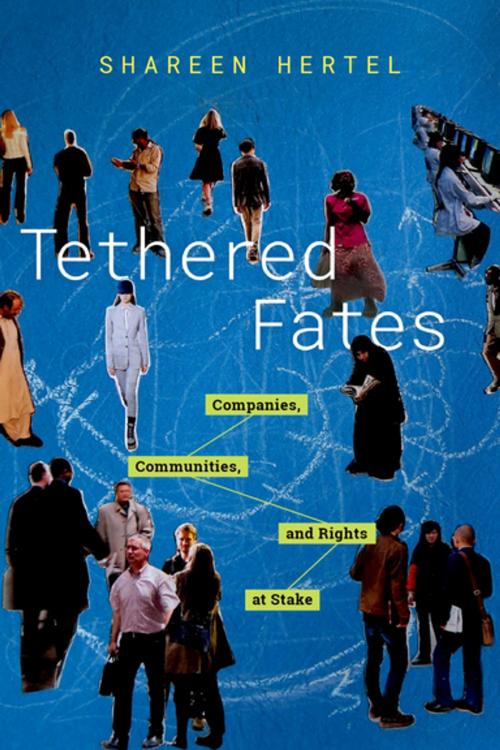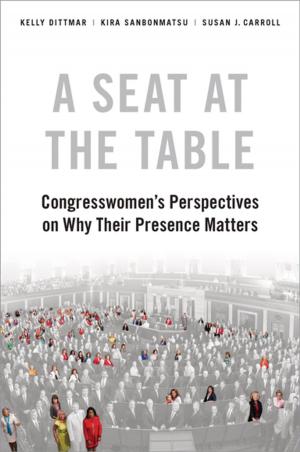Tethered Fates
Companies, Communities, and Rights at Stake
Nonfiction, Reference & Language, Law, Labour & Employment, Social & Cultural Studies, Political Science, Government, Public Policy| Author: | Shareen Hertel | ISBN: | 9780190903862 |
| Publisher: | Oxford University Press | Publication: | March 11, 2019 |
| Imprint: | Oxford University Press | Language: | English |
| Author: | Shareen Hertel |
| ISBN: | 9780190903862 |
| Publisher: | Oxford University Press |
| Publication: | March 11, 2019 |
| Imprint: | Oxford University Press |
| Language: | English |
Since the 1990s, human rights advocates, business leaders, and consumers have become increasingly attuned to mitigating sweatshop labor and other abuses in the supply chains that manufacture the clothing, electronics, and countless other products that we buy and use each day. But we know surprisingly little about how companies interact with people in the communities beyond the factory's walls. In many cases, community members are left out of the process of identifying both risks and solutions to problems in global supply chains, including how global companies could add social value in the localities where they operate. Business, governments, and civil society are supposed to be jointly responsible for shaping the remedies available to people harmed in the course of business activity, wherever it takes place. However, the answer to the question of how to do this remains underdeveloped and poorly executed. This book explores the conditions under which local communities and companies can work with one another and the types of remedies available in one of the most widespread and challenging sectors: light manufacturing. Tethered Fates draws on quantitative data (including the 7,000-company database of the Business and Human Rights Resource Centre) and original qualitative data to analyze regional and industry-specific trends in stakeholder dialogue globally and at the local level. The book features original interviews with community members in two factory towns in the Dominican Republic, whose perspectives shed light on the prospects for dialogue with companies and the challenges of everyday life in towns where light manufacturing takes place. Tethered Fates does more than simply explain why stakeholder dialogue often falls short as a vehicle for safeguarding economic rights and promoting community development. It also offers an assessment of the varieties of emerging policy alternatives for moving beyond the current state of practice.
Since the 1990s, human rights advocates, business leaders, and consumers have become increasingly attuned to mitigating sweatshop labor and other abuses in the supply chains that manufacture the clothing, electronics, and countless other products that we buy and use each day. But we know surprisingly little about how companies interact with people in the communities beyond the factory's walls. In many cases, community members are left out of the process of identifying both risks and solutions to problems in global supply chains, including how global companies could add social value in the localities where they operate. Business, governments, and civil society are supposed to be jointly responsible for shaping the remedies available to people harmed in the course of business activity, wherever it takes place. However, the answer to the question of how to do this remains underdeveloped and poorly executed. This book explores the conditions under which local communities and companies can work with one another and the types of remedies available in one of the most widespread and challenging sectors: light manufacturing. Tethered Fates draws on quantitative data (including the 7,000-company database of the Business and Human Rights Resource Centre) and original qualitative data to analyze regional and industry-specific trends in stakeholder dialogue globally and at the local level. The book features original interviews with community members in two factory towns in the Dominican Republic, whose perspectives shed light on the prospects for dialogue with companies and the challenges of everyday life in towns where light manufacturing takes place. Tethered Fates does more than simply explain why stakeholder dialogue often falls short as a vehicle for safeguarding economic rights and promoting community development. It also offers an assessment of the varieties of emerging policy alternatives for moving beyond the current state of practice.















